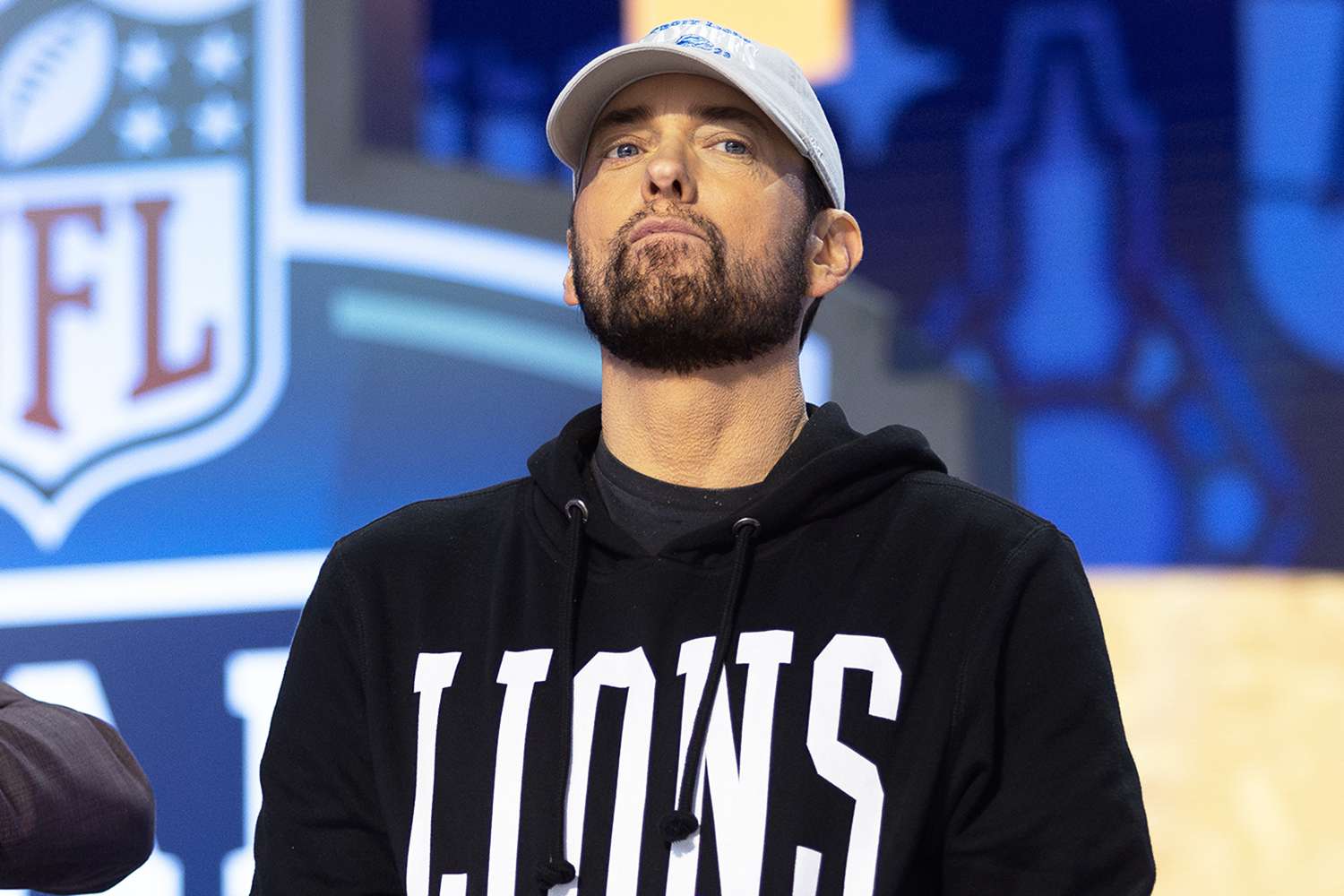
The Surprising Artist Eminem's Says Saved His Career
gang-flow – nearly collapsed during his darkest years the overdose, the hiatus, the industry whispers that he was done. But in a rare moment of vulnerability, the rap god recently credited one unexpected artist for pulling him back from the brink. This wasn’t a fellow rapper or legendary producer, but a genre-defying superstar whose influence reshaped Eminem’s approach to music, business, and survival in the cutthroat industry.
The revelation came during an unguarded backstage interview in Detroit, when Em casually mentioned, “I wouldn’t be here if not for [artist’s name].” The admission sent shockwaves through hip-hop circles, especially because this artist represents everything Eminem’s early career seemed to oppose. Yet their creative partnership became the lifeline that revived his artistry when he needed it most.
Before this career-saving intervention, Eminem’s trajectory looked bleak. Between 2007-2009, he battled addiction, endured the tragic loss of Proof, and faced diminishing returns on his musical output. Critics panned Relapse, fans questioned his relevance, and even his staunchest supporters wondered if the Marshall Mathers magic was gone forever. Industry insiders began quietly writing his professional obituary, assuming the Detroit legend would become another cautionary tale.
What few realized was that during this period, Eminem had secretly become obsessed with another artist’s work. Not another rapper, but a pop phenomenon whose business acumen and reinvention blueprint would give him the tools to rebuild. This unlikely mentor provided more than inspiration – they offered concrete strategies for longevity in an industry that discards stars daily.
That artist was Rihanna. Their professional relationship began conventionally enough with 2010’s “Love the Way You Lie,” but evolved into something far more profound. Behind the scenes, Rihanna’s team shared crucial insights about navigating the streaming era, rebranding after controversy, and maintaining cultural relevance across decades. Eminem absorbed these lessons during their collaborations, applying them to his own comeback strategy.
Rihanna’s influence manifests in subtle but transformative ways throughout Eminem’s later career. The calculated vulnerability of Recovery’s lyrics mirrored her emotional transparency in Rated R. His embrace of pop collaborations (like Ed Sheeran’s “River”) followed her blueprint for cross-genre dominance. Even his business moves – from surprise album drops to brand partnerships – echo the Bad Gal’s playbook.
“Love the Way You Lie” wasn’t just a hit – it became Eminem’s career reset button. The track accomplished what years of rap battles couldn’t: reintroducing him to mainstream audiences without compromising his edge. Rihanna’s hook provided the perfect bridge between Em’s raw storytelling and radio-friendly accessibility, proving he could evolve without sacrificing authenticity.
Their subsequent collaborations (“The Monster,” “Numb”) further refined this formula. Each track strategically balanced Eminem’s technical prowess with Rihanna’s melodic sensibilities, creating music that satisfied both hardcore hip-hop heads and casual listeners. This duality became the foundation for his late-career renaissance, allowing him to remain commercially viable while exploring darker, more personal themes.
Eminem didn’t just borrow Rihanna’s musical approach – he studied her entire ecosystem. Her ability to pivot into fashion (Fenty) and beauty while maintaining musical credibility inspired his own diversification. Shady Records’ more recent signings reflect this expanded vision, focusing on artists with multidimensional potential rather than pure lyricists.
The Def Jam exec who brokered their first collaboration recalls, “Em would ask detailed questions about Rihanna’s branding decisions. He wasn’t just making a song – he was reverse-engineering her comeback playbook.” This knowledge directly informed his own moves, from the strategic timing of Kamikaze’s release to his calculated use of social media feuds to generate buzz.
Eminem’s admission coincides with hip-hop’s growing conversation about career longevity. In an era where viral moments trump sustained excellence, his Rihanna-assisted blueprint offers a masterclass in reinvention. Young artists now study their partnership as a case study in cross-pollinating audiences without diluting artistic integrity.
The impact extends beyond music. Their story challenges hip-hop’s stubborn biases against pop collaborations, proving that strategic partnerships can be career-saving rather than “selling out.” As Eminem prepares his final act, this unexpected creative debt adds fascinating context to his evolution from controversial rapper to enduring icon.
This website uses cookies.